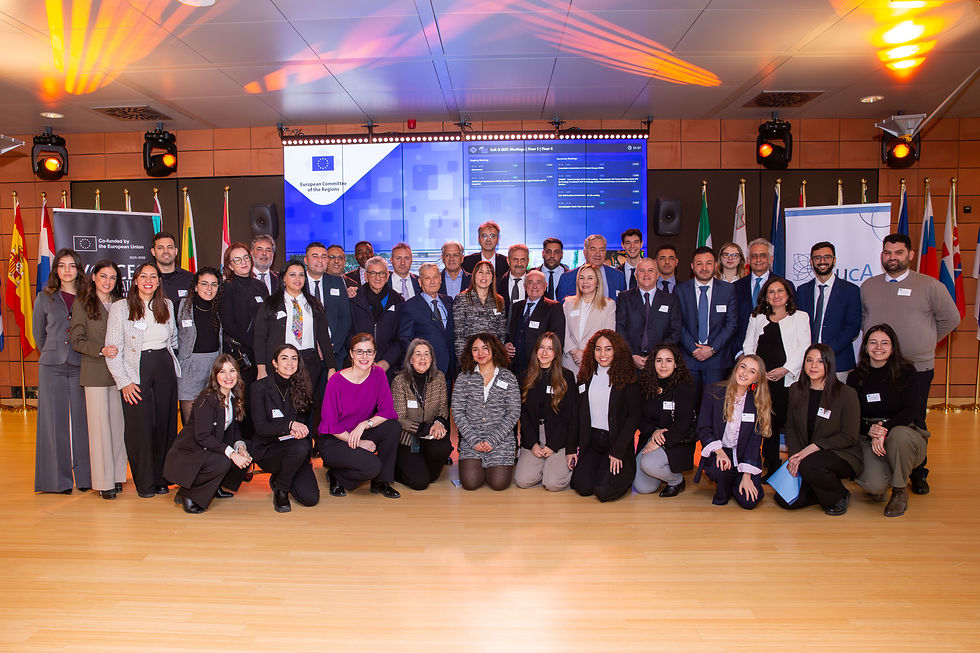VOICES From Migrations | El Saidi Mahi's story
- Changemakers
- Jun 19, 2025
- 2 min read
Updated: Aug 12, 2025
“VOICES From Migrations” is a project co-funded by the European Union exploring untold migration stories. El Saidi Mahi moved from Morocco to Belgium in 2011 out of love. This is his story.

“My name is El Saidi Mahi. I was born on December 24, 1974, in Oujda, Morocco. Before coming to Belgium in 2011, I had a small carpentry workshop. I worked for many clients and enjoyed my craft. Then I met my wife, who was living in Belgium at the time, and decided to join her in Brussels. We got married, and today we have three children.
At first, I was very stressed. I didn’t feel at home immediately. But after six or seven months, I started integrating, mainly through my kids and my job. Today, I feel good here. I play sports, I travel when I can, and I visit Morocco regularly to see my family. What I miss most is the sun!
Life is expensive, that’s true, and the laws keep changing. But for me, as long as you work, you’re okay. That’s what I always tell my friends: if you want to come to Belgium, come, but be ready to work.
Arriving here wasn’t easy. I didn’t speak French and didn’t know anyone. I started taking French classes twice a week for two years while also looking for work. Through friends, I found a job at the European Institute of Arab Culture. I began with maintenance tasks, then slowly learned more: painting, electricity, heating... Even without formal training, I learned by watching and doing.
The Institute became like a second home. There’s no boss. We work together and help each other out. The director is Iraqi, and the manager is Algerian. We are like a family from all the Arab countries!”
Interview conducted by: Hinda Farhat, Ömer Güzel, André Gameiro dos Santos, and Claudia Castel
Read the article in My House of European History:

Funded by the European Union. Views and opinions expressed are however those of the author(s) only and do not necessarily reflect those of the European Union or the European Education and Culture Executive Agency (EACEA). Neither the European Union nor EACEA can be held responsible for them.



Comments